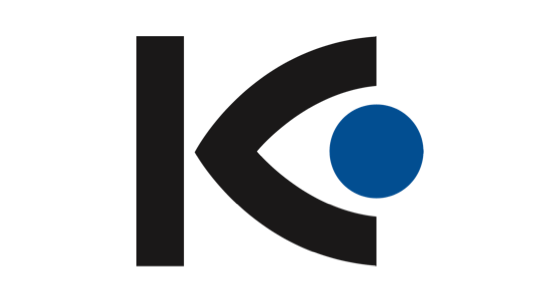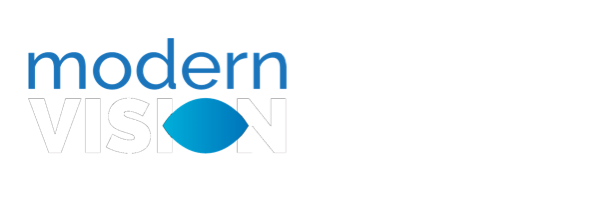Not a LASIK Candidate? Your Guide to the Next Steps in Vision Correction
Published by on June 3, 2025
Being told you’re not a candidate for LASIK can be disappointing, but it doesn’t mean you’re out of options. At Kugler Vision in Omaha, we specialize in the full range of advanced vision correction procedures—not just LASIK. Our team is dedicated to helping you find the solution that fits your eyes, your lifestyle, and your long-term vision goals. In this article, we’ll walk you through what to do next and what alternatives may be right for you. Schedule a consultation at Kugler Vision to discover your personalized path to clear vision.
What should I do if I was told I’m not a LASIK candidate?
If you’ve been told you’re not a candidate for LASIK, your next step is to schedule a comprehensive vision consultation at Kugler Vision. Many big-box LASIK providers only offer one solution—LASIK—and if you don’t qualify, they may not explore other options with you. At Kugler Vision in Omaha, we specialize in the full range of advanced vision correction procedures and provide a customized approach based on your eyes and your vision goals. Even if LASIK isn’t right for you, there are several proven alternatives such as PRK, Refractive Lens Exchange, or EVO ICL that might be a better fit.
Why do some people not qualify for LASIK?
You may not qualify for LASIK if you have thin corneas, an unstable prescription, severe dry eye, certain medical conditions, or irregular corneal shapes. LASIK surgery requires creating a flap in the cornea, which isn’t safe or effective for every patient. At Kugler Vision, we use advanced diagnostic imaging to evaluate every aspect of your eyes and determine which of the 7 modern vision correction procedures you’re eligible for based on your unique eye anatomy and lifestyle needs.
 What is PRK and who is it best for?
What is PRK and who is it best for?
PRK is a type of laser eye surgery that reshapes the cornea without creating a flap, making it ideal for patients with thin or irregular corneas. During PRK, the outer layer of the cornea is removed before the laser reshapes the tissue underneath. This makes PRK surgery a great option for athletes, military members, or anyone at higher risk of eye trauma. The recovery is longer than LASIK, but the visual results are very similar.
What is EVO ICL and who is a good candidate?
EVO ICL is a vision correction procedure that involves placing an implantable collamer lens inside the eye, behind the iris and in front of your natural lens. It’s a strong option for patients with high levels of nearsightedness or astigmatism, thin corneas, or chronic dry eye. EVO ICL doesn’t remove corneal tissue and is reversible, making it an excellent choice if LASIK isn’t recommended. Kugler Vision is a national leader in offering this advanced lens technology, with Drew Dickson, MD even serving as a trainer for other EVO ICL surgeons nationwide.
What is Refractive Lens Exchange (RLE) and when is it used?
Refractive Lens Exchange is a procedure that replaces the eye’s natural lens with an artificial intraocular lens (IOL), similar to cataract surgery. It’s especially effective for patients over 50 with presbyopia, high farsightedness, or early signs of cataracts. RLE not only corrects vision but also eliminates the need for cataract surgery in the future. Kugler Vision offers a variety of IOL options, including multifocal and toric lenses, to help meet each patient’s specific vision needs.
What if I need blended vision for both near and distance tasks?
Blended Vision, sometimes called monovision, is an option where one eye is corrected for distance and the other for near tasks, helping reduce reliance on reading glasses. It can be achieved through procedures like LASIK, PRK, or RLE, depending on what you’re a candidate for. Kugler Vision customizes this strategy based on your daily visual demands and whether your brain can comfortably adapt to the difference.
Can SMILE surgery be an alternative to LASIK?
Yes, SMILE is a minimally invasive laser procedure that can be a great option for people with nearsightedness and astigmatism. Unlike LASIK eye surgery, SMILE uses a single laser to create a small lens-shaped disc in the cornea, which is then removed through a tiny incision. There’s no flap, and it may result in fewer dry eye symptoms. Kugler Vision offers SMILE to patients whose eye health and prescription qualify for it.
How do I know which vision correction procedure is right for me?
The best way to find out which procedure is right for you is through a thorough evaluation at Kugler Vision. Our team uses advanced diagnostic technology to assess your corneal thickness, eye health, prescription stability, and visual goals. We don’t offer one-size-fits-all solutions—instead, we’ll walk you through all your options so you can make an informed decision with expert guidance.
FAQ’s About If You’re Not A LASIK Candidate
What are my options if I’ve been told I’m not a LASIK candidate?
Being told you’re not a LASIK candidate doesn’t mean vision correction surgery isn’t possible. Many providers offer only LASIK, but at Kugler Vision, we specialize in full-spectrum refractive surgery options customized to your eye structure and vision goals.
Can I still have vision correction if I have myopia?
Yes, myopia (nearsightedness) can often be corrected with procedures like EVO ICL or PRK, even if LASIK isn’t suitable. Kugler Vision offers safe, effective alternatives for reducing or eliminating near-sightedness.
What is photorefractive keratectomy and how is it different from LASIK?
Photorefractive keratectomy (PRK) reshapes the cornea without creating a flap, making it ideal for patients with thin or irregular corneas. Kugler Vision often recommends PRK when LASIK isn’t safe due to anatomy or lifestyle factors.
Do I have to stop wearing my contact lens before my consultation?
Yes, wearing a contact lens can temporarily alter corneal shape. At Kugler Vision, we’ll advise you on when to stop lens wear to allow accurate testing, including refraction and corneal topography.
Why might a surgeon recommend a different procedure?
A surgeon may recommend an alternative to LASIK if your eye structure or health history indicates a higher risk of complications. Kugler Vision uses advanced imaging and diagnostic tools to identify the best path forward.
Can problems with the epithelium affect LASIK eligibility?
Yes, the epithelium—the cornea’s outer layer—must be stable and healthy for LASIK. If it’s irregular or damaged, Kugler Vision may recommend a surface-based procedure that promotes safer healing.
Does having an eye disease or condition rule out LASIK?
Certain conditions, like glaucoma or a history of autoimmune disease, can disqualify you from LASIK due to increased risk. At Kugler Vision, your complete eye and medical history are carefully reviewed before recommending treatment.
Why does ophthalmology expertise matter if I’m not a LASIK candidate?
When LASIK isn’t an option, working with an ophthalmology practice like Kugler Vision ensures access to a wider set of surgical alternatives, including advanced lens-based and surface procedures.
Will I still need a corrective lens if I can’t get LASIK?
Not necessarily. Procedures like EVO ICL and RLE can reduce or eliminate your need for a corrective lens. Kugler Vision matches you with the treatment that best supports your lifestyle and long-term vision.
What should I expect during a doctor’s visit at Kugler Vision?
A thorough EyeAnalysis visit at Kugler Vision includes diagnostic testing, discussion of symptoms like dry eye syndrome, and identification of your specific refractive error. From there, we recommend the safest and most effective procedure to restore your visual perception.

If you have tough vision problems like a high prescription, astigmatism, or reliance on reading glasses– don’t be discouraged. At Kugler Vision, our award-winning LASIK experts can help. As the only team in Omaha to specialize in all seven vision correction procedures– we have customized solutions to treat even tough vision problems so you can experience life glasses and contacts free. Schedule your consultation today!




Leave a Reply